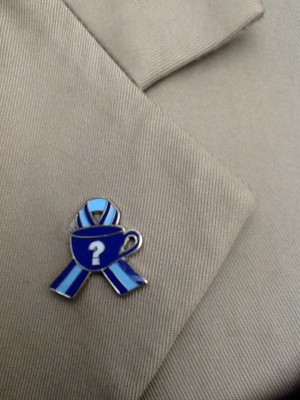World Cancer Day on 4 February is an opportunity to reflect. A time to reflect on those who have lost their lives to an ‘unknown’ cancer and their surviving loved ones, who may well remain angry and feel that they were failed in the absence of a more treatable ‘known’ cancer diagnosis; and an opportunity to think of those undergoing treatment now and the scientific potential offered by molecular diagnostic techniques that should remove CUP from the list of cancers in the foreseeable future.
Available cancer data lag by 3 or 4 years but on the latest available statistics CUP remains the 5th highest cause of cancer death in the UK (after lung, bowel, breast, and prostate cancers). 24 new cases will be diagnosed every day in the UK.
The pace of change has been frustratingly slow but it is now speeding-up. The first mention of CUP was in a paper in 1907 which addressed benefits ‘non demonstrable cancer’. Nothing of significance changed for 100 years but over the last decade there has been a 35% decrease in UK incidence rates – with only 10% in the preceding decade. CUP research projects have multiplied around the world in the last decade and patient management has improved significantly following the NICE Guideline of 2010.
The way to end CUP and to improve the treatment of those with a CUP diagnosis in the future is through research and trials. We anticipate that it is only a matter of time before the molecular secrets of a CUP patient’s tumour will lead to improved therapy where the ‘primary’ is of little relevance. It is expected that two significant new trials will open to CUP patients later in 2018. Also, the National Cancer Research Institute is holding a meeting in early March to consider CUP research opportunities. There are grounds for optimism.

